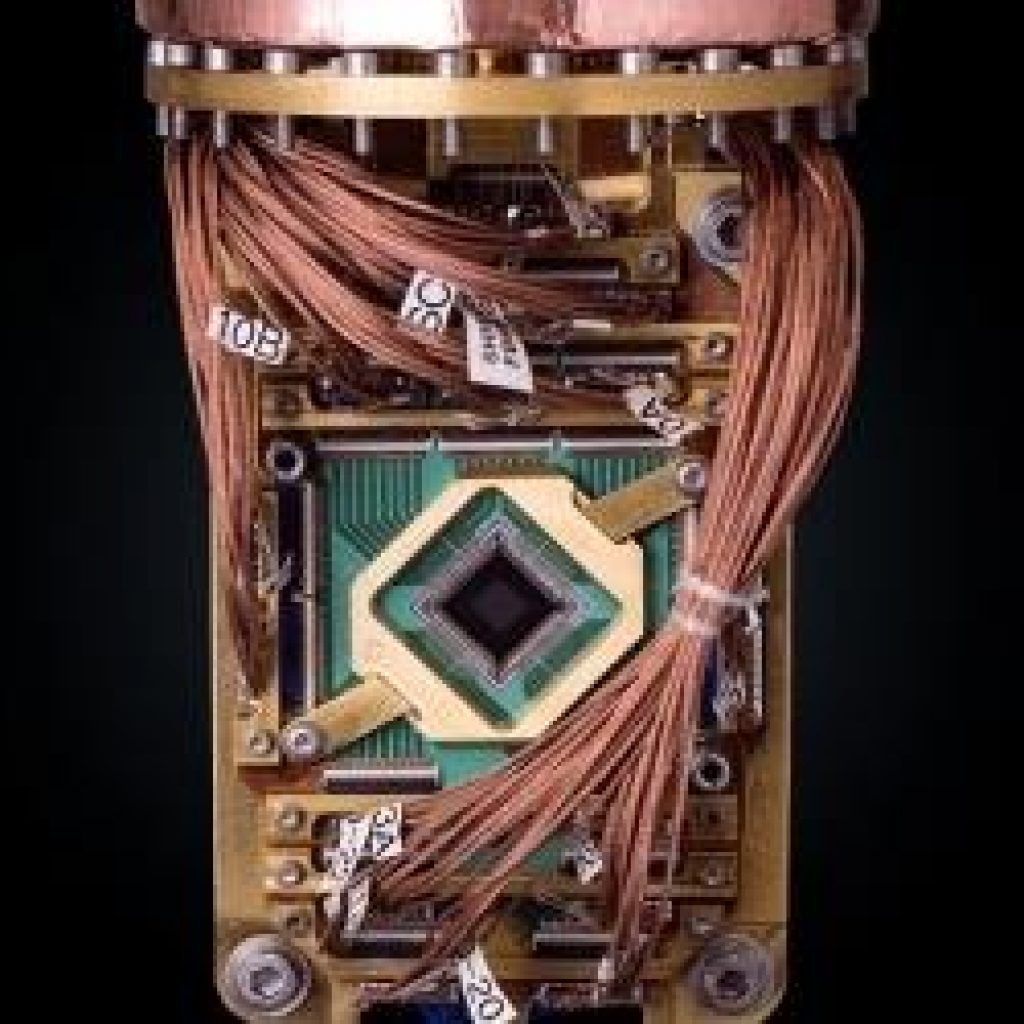(ZDNet) Scientists from quantum computing company D-Wave have demonstrated that, using a method called quantum annealing, they could simulate some materials up to three million times faster than it would take with corresponding classical methods.
Together with researchers from Google, the scientists set out to measure the speed of simulation in one of D-Wave’s quantum annealing processors, and found that performance increased with both simulation size and problem difficulty, to reach a million-fold speedup over what could be achieved with a classical CPU.
Instead of proving quantum supremacy, which happens when a quantum computer runs a calculation that is impossible to resolve with classical means, D-Wave’s latest research demonstrates that the company’s quantum annealing processors can lead to a computational performance advantage.
“This work is the clearest evidence yet that quantum effects provide a computational advantage in D-Wave processors,” said Andrew King, director of performance research at D-Wave.
D-Wave’s Researchers Demonstrate a Quantum Computational Advantage Could Be Achieved Over Classical Means
